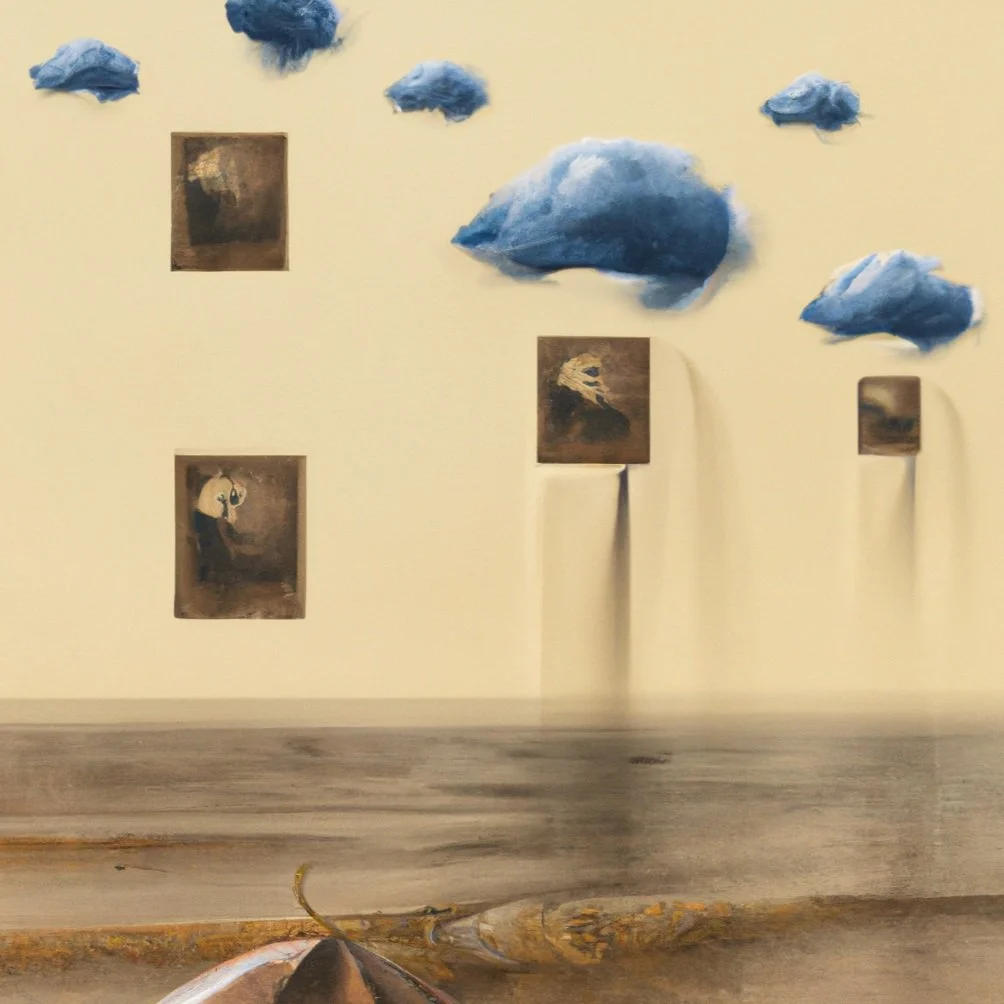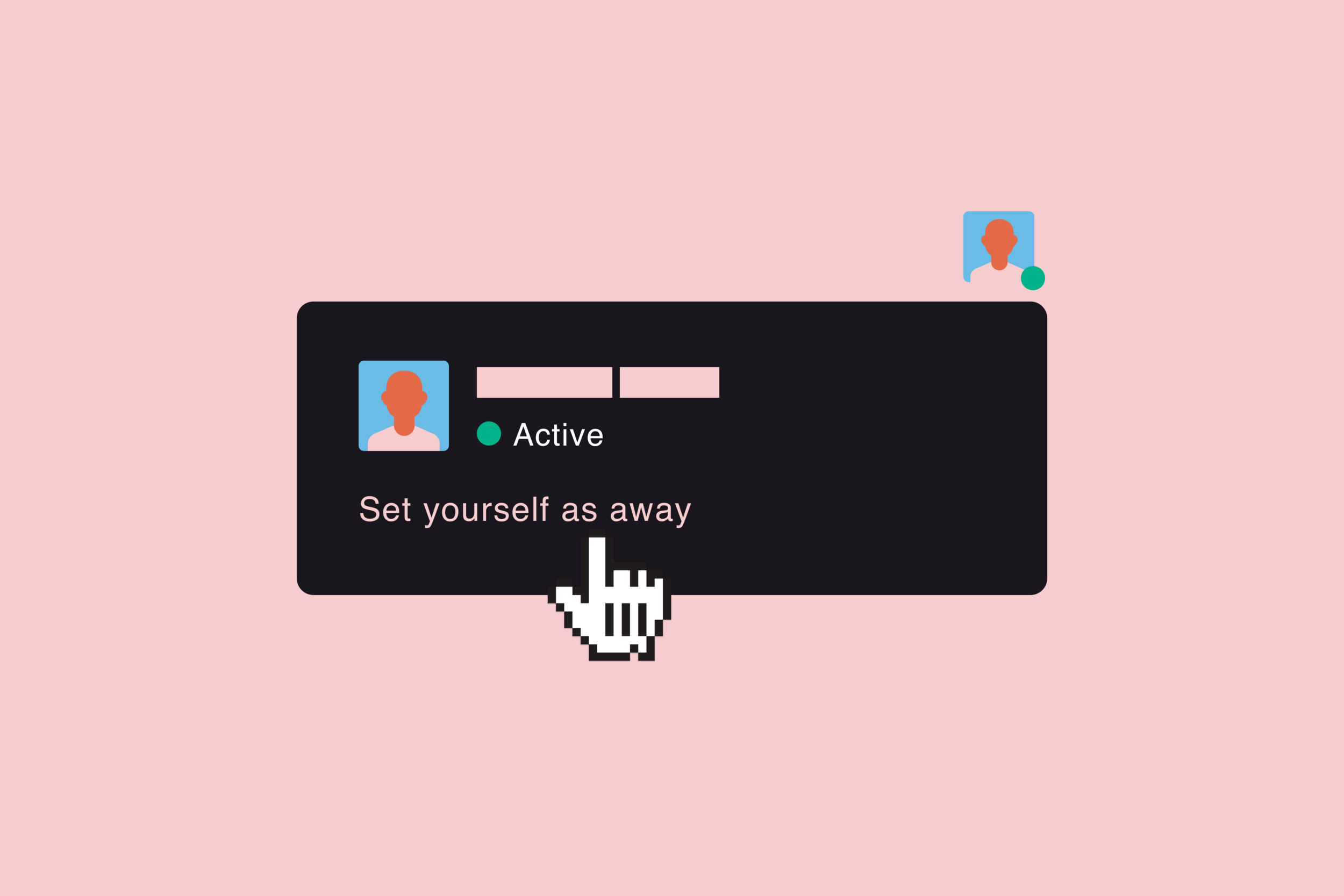Have more fruitful discussions by questioning your knowledge
False information can come from anywhere. It can present itself in the form of the infamous Fake News, as the unfounded views and ideas of a well-meaning friend we trust, or the gut-feeling of a respected colleague. It can also hide in assumptions we make ourselves and lead to bad decisions to the detriment of a project, or simply perpetuate the cycle of false information.
“I’m very stupid, you see, but I own my stupidity.”
The most memorable lesson of this came to me recently from an unexpected source: A comedy sketch on YouTube. In it, stand-up comedian Joel Kim Booster makes fun of himself: "I am very stupid, you see, but I own my stupidity." He follows up by saying that often, he finds himself having to end conversations with friends by saying: “Oh I'm sorry, but I don't think either of us read enough books to be talking about this."
This phrase has become somewhat of a mantra for me. Now, when I am in a situation in which my conversation partner and I try to convince each other of some truth, or make particularly opinionated statements on a subject, I try to remind myself of this phrase, wondering if I actually know what I'm talking about enough to perpetuate my ideas without doing damage. My way of answering this question is to think about where my ideas originated from, and whether they are based on either proven facts from a trusted source, personal experience, or really just mere assumptions or hear-say.
It is not feasible or practical to demand of ourselves to fact-check every belief we hold. But depending on where they originate and which of these types they belong to, I will go to greater or lesser lengths in checking the accuracy of these statements or, at least, decide whether to pass these ideas on or not. If I am successful in this, I have achieved some damage-prevention. Yay, I have not perpetuated false ideas.
“Knowing is the enemy of learning.”
To get smarter and be able to participate in a conversation responsibly though, we need to learn. Unfortunately, communicating knowledge seems to be in contradiction to learning. As Tom Chi, co-founder of Google's "moonshot factory" X says in his TEDx talk on this topic: Knowing is the enemy of learning.
These insights have helped me think about how to approach many conversations - be it discussing what to do next with a product team at work, or debating politics over dinner - depending on the level and source of my knowledge; and if I am focussed enough, I may consciously remind myself of a conversation's resulting objective at different points: Is this a moment when I may share my views which are grounded in proven facts or solid personal experience or do I need to put on my learning hat and question what I believe was true? According to Tom Chi's talk, both do not appear to be possible at the same time, but we may switch from one of these modes to another and back as the conversation progresses.
Next time you get more and more excited, and the conversation heats up, why not try to take pause to think about these questions: Is what I am saying:
grounded in proven facts from a reputable source?
based on solid, personal experience?
really just assumptions or hypotheses derived from hearsay or deduced from other information?
If you do this and then decide whether to learn or to inform or teach, you may end up with more satisfying conversations altogether.


























